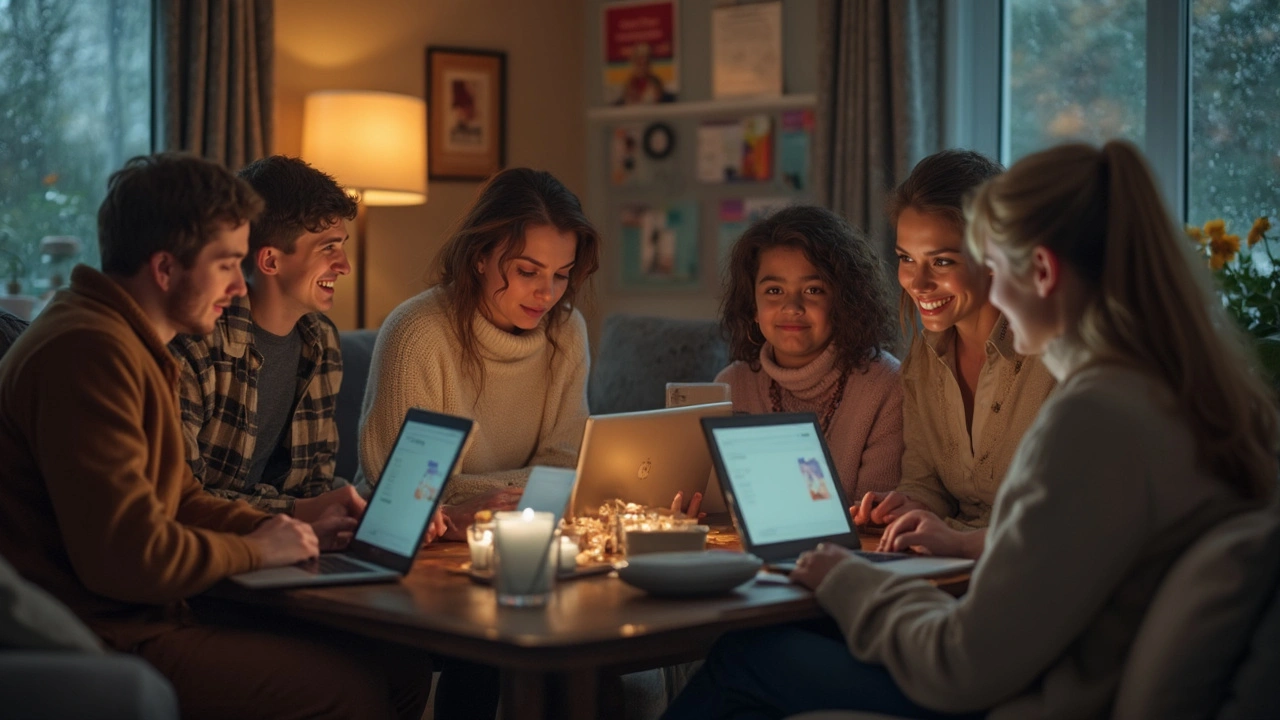Oncology Groups: Your Go‑To Source for Cancer Support and Information
If you or someone you love is dealing with cancer, the first thing you’ll hear is “don’t go through this alone.” That’s where oncology groups step in. These are collections of patients, caregivers, and medical pros who share experiences, tips, and the latest research. They can be local meet‑ups, online forums, or professional societies, and each offers something a little different.
Types of Oncology Groups You’ll Meet
Patient support groups are often run by hospitals or charities. They meet weekly or monthly, letting you talk about side effects, coping strategies, and everyday worries. You’ll hear real stories, not just textbook facts, which can make the whole journey feel less scary.
Online communities like dedicated Facebook pages or specialized forums let you connect 24/7. You can ask quick questions, share a medication schedule, or just vent when you need to. Most of these groups have moderators who keep the conversation accurate and respectful.
Professional oncology societies (e.g., American Society of Clinical Oncology) bring doctors, researchers, and nurses together. While they’re not aimed at patients, their webinars and newsletters often spill over useful, plain‑language updates that patients can benefit from.
How to Choose the Right Group for You
Start by asking what you need most. If you want emotional support, a local patient group can give you face‑to‑face camaraderie. If you’re hunting for the latest drug info, an online forum linked to a reputable cancer center might be better. Check the group’s guidelines – reputable groups ban spam, commercial promos, and unverified medical advice.
Don’t be shy about trying a couple of groups. Most are free, and you can leave anytime if the vibe isn’t right. Look for groups that post regular, evidence‑based updates and have active moderators. Those signs usually mean the community is trustworthy.Remember, the best oncology group is the one that makes you feel heard and informed. You don’t have to settle for a single community; mixing a local support meet‑up with an online forum often gives the most balanced view.
Need a quick start? Search your hospital’s website for “patient oncology support,” type your cancer type + “forum” into a search engine, or visit recognized charities like the Cancer Support Community. Each click brings you closer to a network that can help you manage treatment, side effects, and the emotional roller coaster.
Lastly, keep a notebook (or phone note) of any advice you receive. Verify it with your oncologist before making changes to medication or lifestyle. With the right oncology groups, you’ll have a safety net of real people who understand what you’re going through and can point you toward reliable resources.

